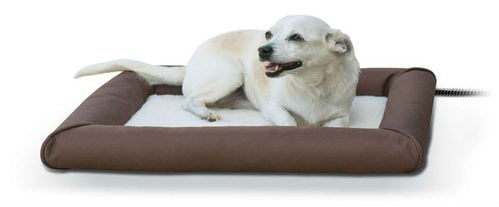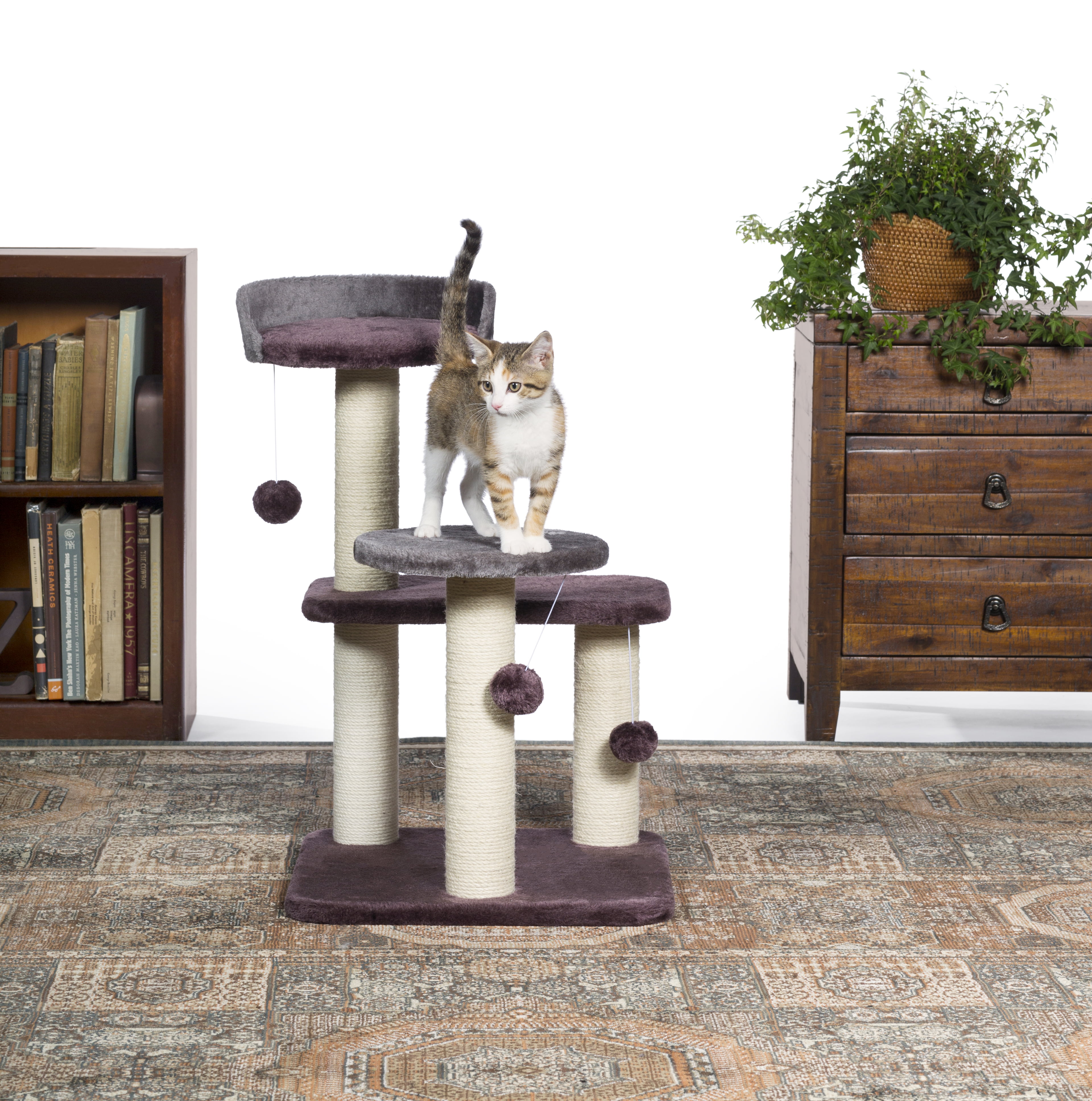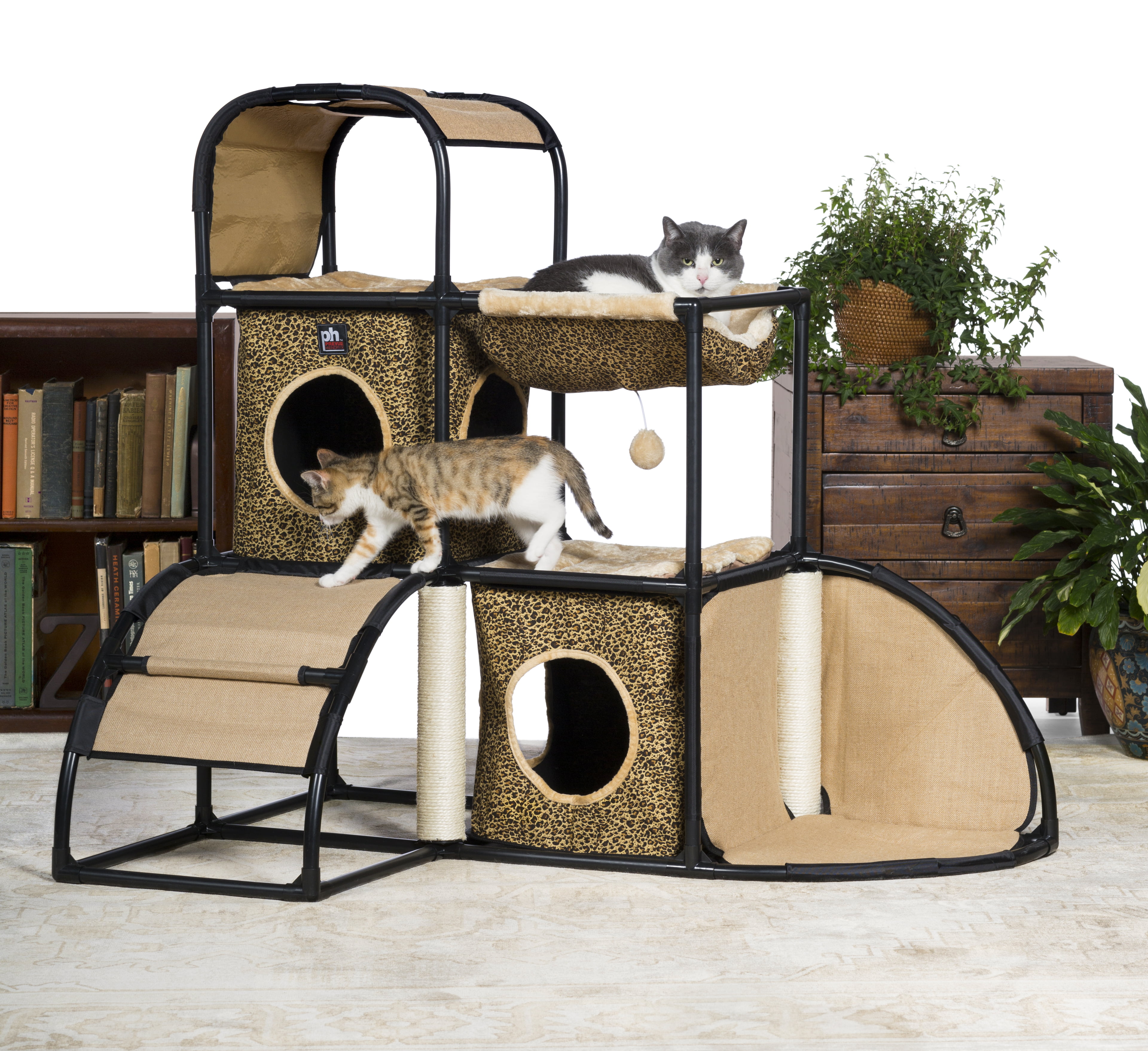Sleep is one of the things humans cannot live without and yet is so rare in our society. In 2018, sleep can be very hard to come by with all these apps, clubs, and, let’s face it, kids keeping us awake that it becomes difficult for us to function. However, electronics and parties aren’t the only things disturbing our sleep, our pets can play a huge paw in that as well.
Dogs can wake you up by whimpering, snoring, walking around the house, and walking on top of the bed while you try not to move so that the dog can sleep better. If you start off having a separate space for your dog then you may not have this problem, but if you have had your dog for a while this can be a tough habit to break. If the dog wakes you up to play, try letting he or she run outside before bed to burn out energy; if the dog walks around to eat in the night, try moving dinnertime to around 8 or 9 (or closer to when you usually go to bed). You could also purchase a high quality bed or a heating/cooling pad for your dog to give them comfort and warmth away from your bed. Reward your dog with treats or positive reinforcement when he or she goes to the bed on their own so they know it’s a good thing.
Cats are independent, curious, and fickle to a fault, but they can also be sweet and caring to where they want to sleep with you; however, like dogs, they can keep you up or wake you up. Generally, cats like to sleep in elevated places as a natural instinct to be safe from predators and your bed might just provide the perfect cover. Cats can walk around your bed, lie on your leg, or sleep on your pillow and thus cause you to lie uncomfortably around their bodies. If your cat sneaks into your room, then sleep with the door closed (just don’t give into the little meows); if he or she runs around a lot at night, try playing with them before bed to tire them out. Again, a good bed or a nice heating pad could do the trick, but an elevated bed might work even better.
Birds are a little different as they tend to not rest at all during the day. It’s a natural instinct that birds must be awake and on the lookout for predators; they may close their eyes and be still, but any little sound could snap them into alert mode. Birds need 10 – 12 hours of sleep and if they don’t get it not only will they be hostile, but they’ll also be more likely to get sick with a compromised immune system. A restless bird can make sounds all through the night and alarm you and keep you from sleep. The best way to assure your feathered friend sleeps through the night is by taking the cage into a dark room when the sun goes down or by putting a towel or cloth over the cage to give the illusion of darkness. You could also get him or her a snuggle sack to keep them warm and to give them extra darkness to help them sleep better.
Studies show that about 30% of people who let their pets sleep with them get woken up at least once in the night, and an often have trouble falling back asleep. Pets can offer a sense of safety when sleeping in the same bed as you, but, in turn, you can suffer from poor quality of sleep. The truth is most pets can nap anytime during the day while you’re at work or running errands, but you, you poor thing, only get about 6 – 8 hours each night. I think you deserve to have that time to yourself.








